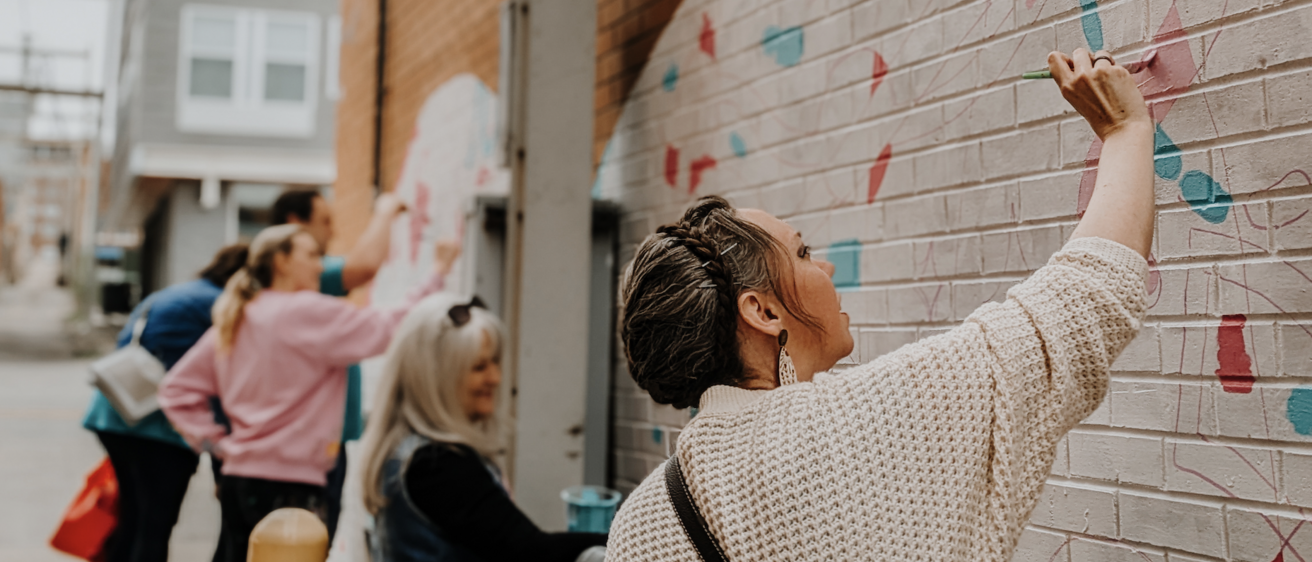The call for 2026-207 community partners has passed. If you have interest in future opportunities, you can let us know by completing this short form.
Collaborations create big outcomes
Imagine 100+ creative, passionate, and dedicated University of Iowa students and faculty working to make a difference in your community. That’s exactly what we’ve been doing in communities across Iowa through the Iowa Initiative for Sustainable Communities (IISC) program, the University of Iowa's foremost community-engaged learning program.
Focusing the creative expertise of a major research university on individual communities produces major impacts. Our partners garner significant grant funding via the plans and reports we provide. New partnerships are merged as our cross-disciplinary approach brings different parts of a community to the same table. And a lot of very practical work happens: Parks get designed. Archival materials are digitized. Carbon footprint reduction plans are solidified.
Let's work together!
If you have an idea for a single project or want to learn about our yearlong full partnerships, we are want to hear from you. This is a rolling process with no deadline.
Who Can Apply?
Applicants may consist of a municipality, a county government, councils of governments, or a collection of communities with similar characteristics, such as economic or cultural districts, or a transportation corridor. Previous community partners of IISC may apply.
Examples of past partners that are not individual city governments include the Maquoketa River Watershed Management Authority, Pathfinders RC&D, and Jackson County.
-
From Application to Final Deliverables
-
- Fall: IISC leadership invites prospective partners to fill out a short form to register their interest.
- Winter: IISC meets virtually with respondents to hear about community goals and to share more details about the IISC model. If IISC's model and community goals align, prospective communities will be invited to submit a full application.
- Spring: IISC reviews applications and selects partners.
- Summer: Community partners and IISC staff work to develop projects and prepare for launch.
- September: UI students, faculty, and staff visit your community, meet with project leads, and take a tour.
- January: IISC reviews final deliverables from fall semester classes and provides them to the community partner.
- Spring: Year-long projects continue and new semester-long projects begin.
- In May & June: The IISC's final event, held in your community, highlights students' work and celebrates the partnership. IISC reviews and shares final deliverables with your community.
Timeline at a Glance
Projects
Learn what kinds of work you can expect to accomplish in collaboration University of Iowa students, faculty, and staff.
How to fund your IISC partnership
We provide resources and supports to fund the work we'll provide.
Voices of IISC
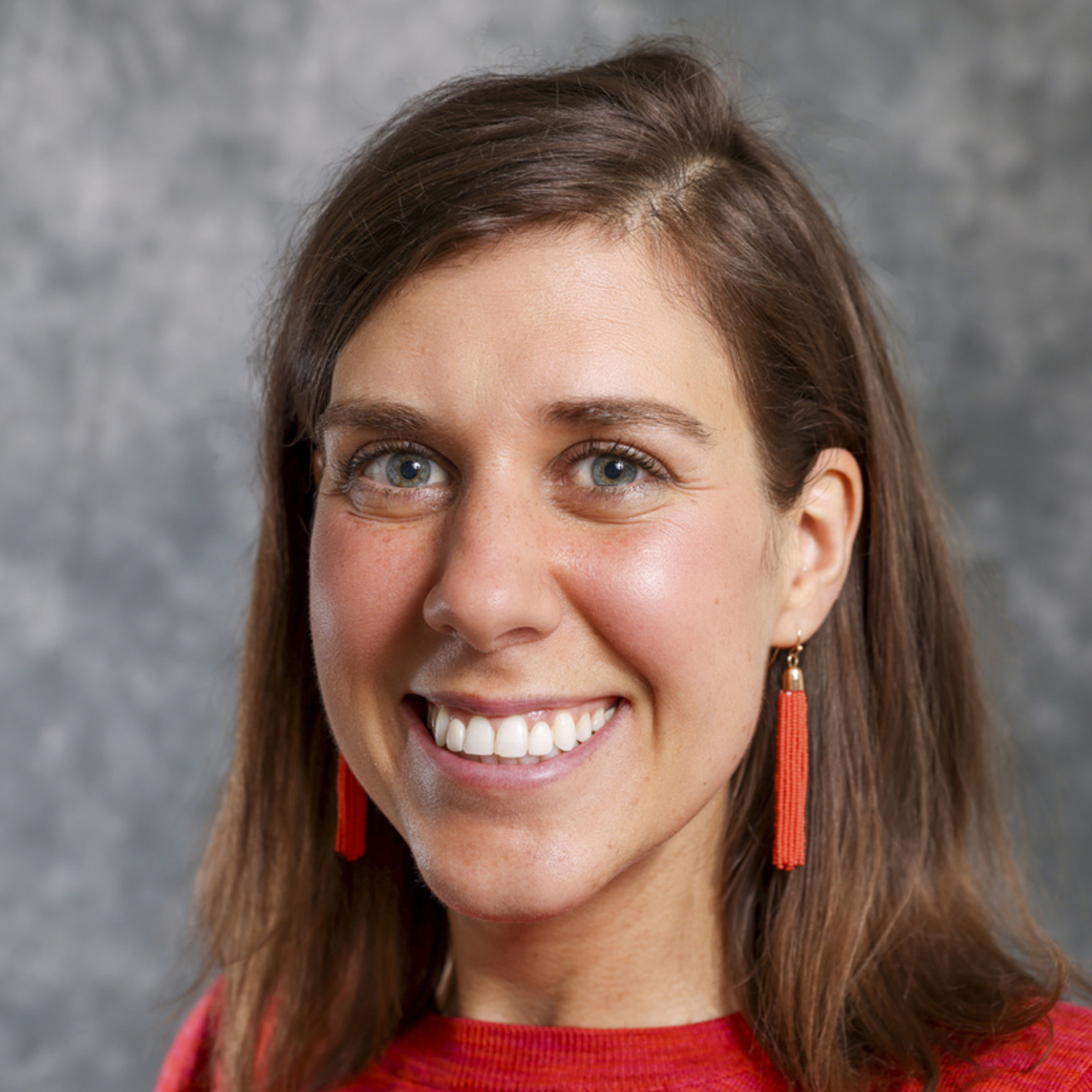
Theresa Bechtel, Professor, College of Nursing
By gaining insight into the unique needs of these communities, the students will be better prepared to support the overall health and resilience of Iowa's population through their future roles.
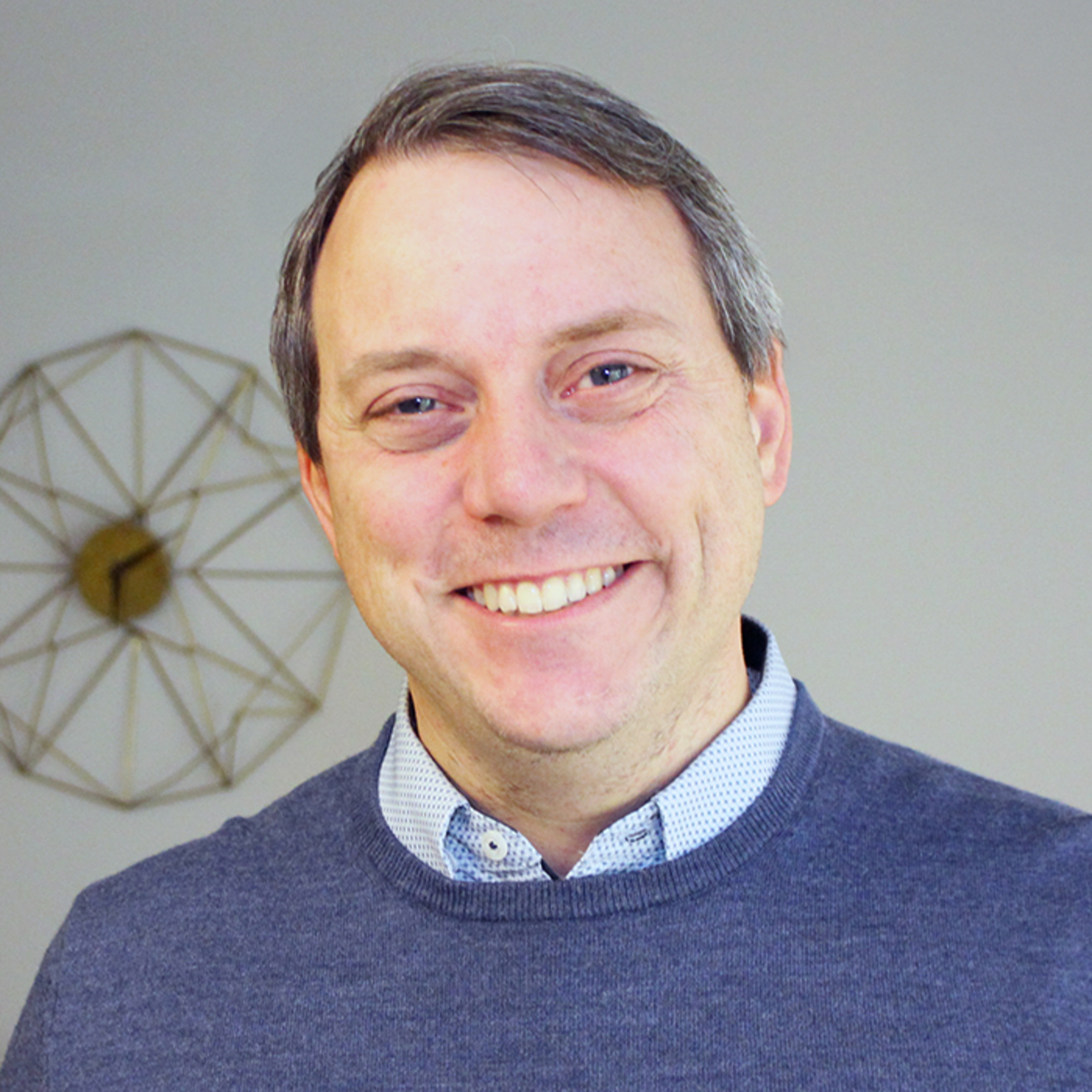
Alex Baum, Community Foundation of Greater Dubuque
The law students were able to identify who to interview in a way that can be harder to see when you’re in the midst of a system. Their persistence has also helped to formalize the processes between the school district and the foundation.
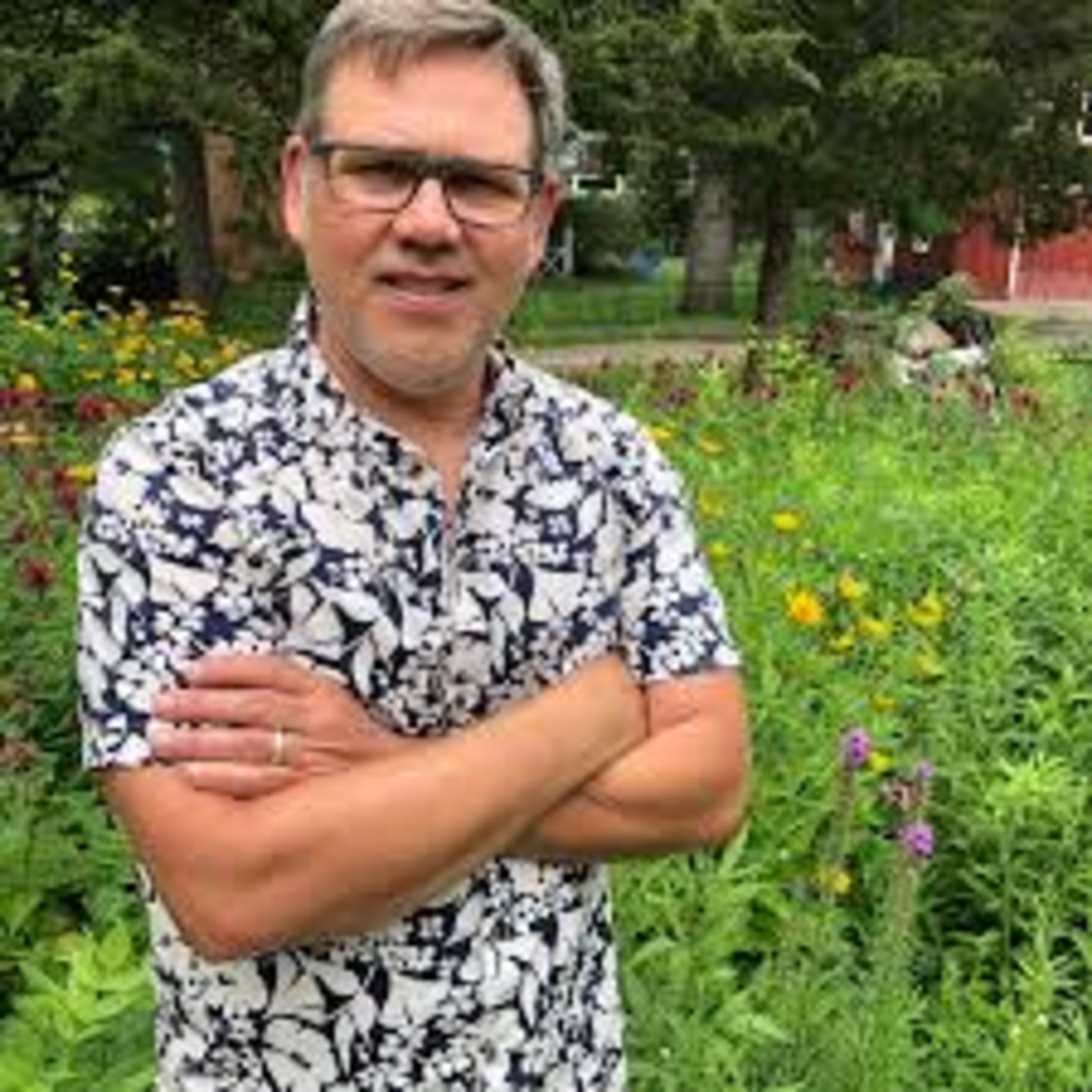
Michael Fallon, Adjunct Instructor
All-round, it was an amazing and fulfilling experience. To a one, the West Burlington staff and community partners were eager, responsive and quite helpful. I feel the University of Iowa is at its best when it engages or partners with the local community.
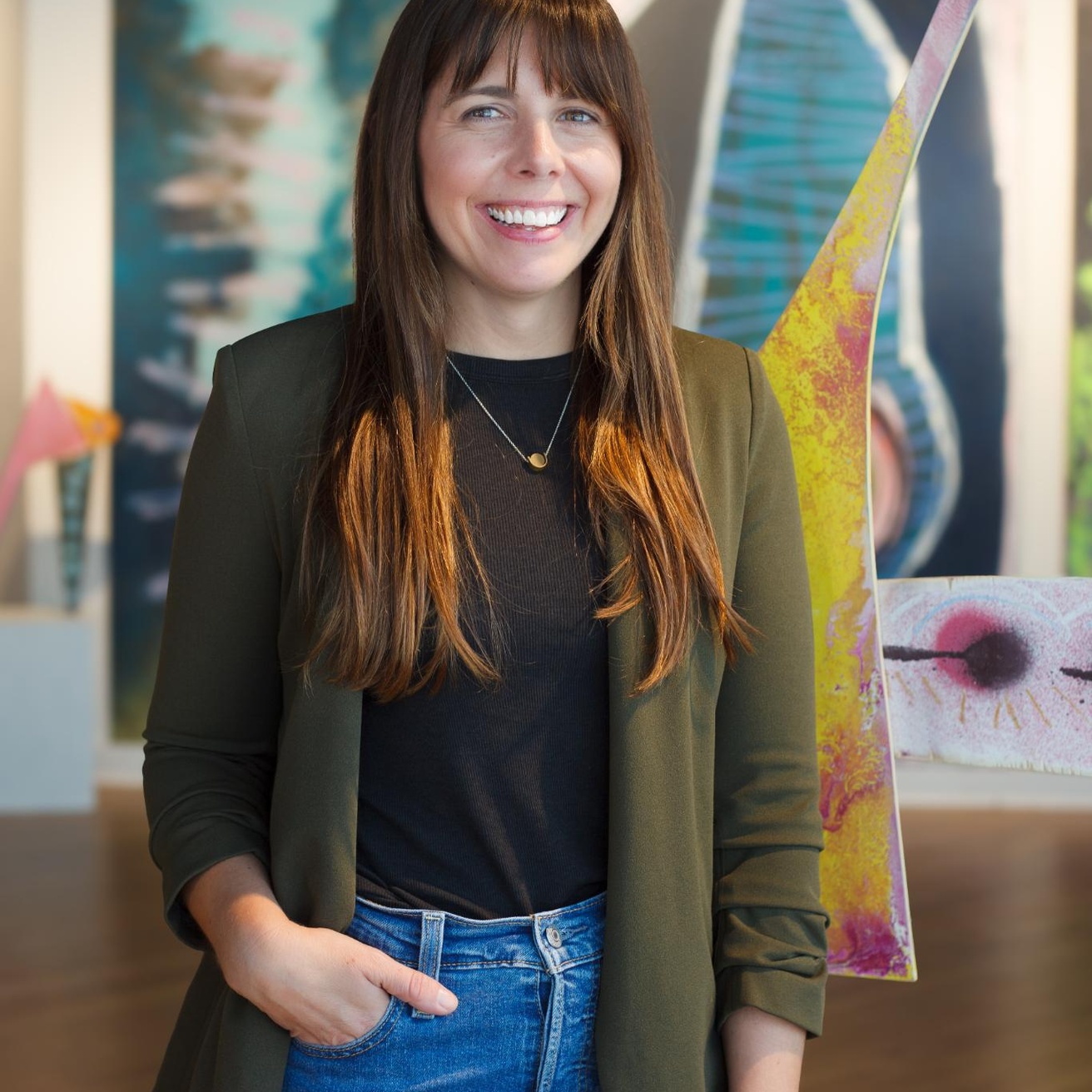
Elizabeth Pappas, Executive Director, Art Center of Burlington
I have been so impressed with all of [the IISC students] and their thoughtful, thorough approach. They have been very hands-on and have truly done their research on our community and its rich history—so much so that I think I learned a thing or two I didn’t know through their findings and insights.
